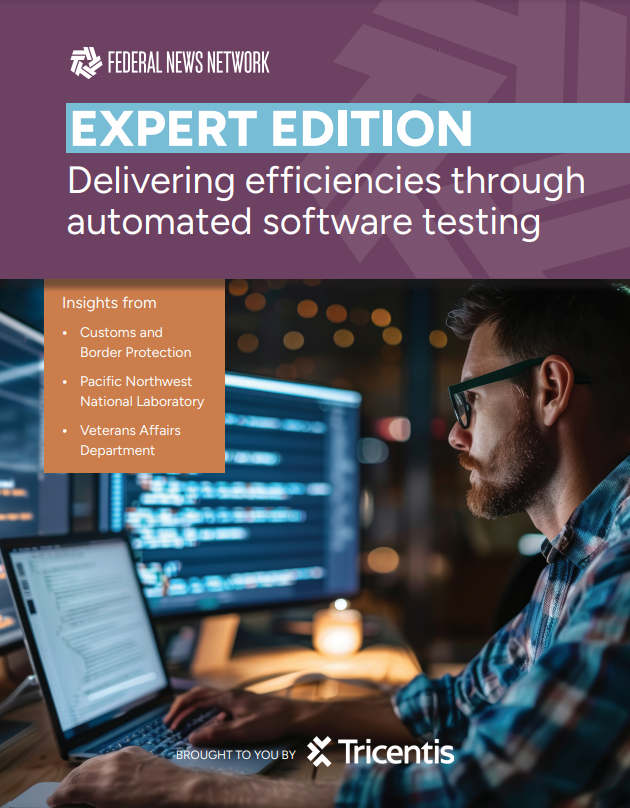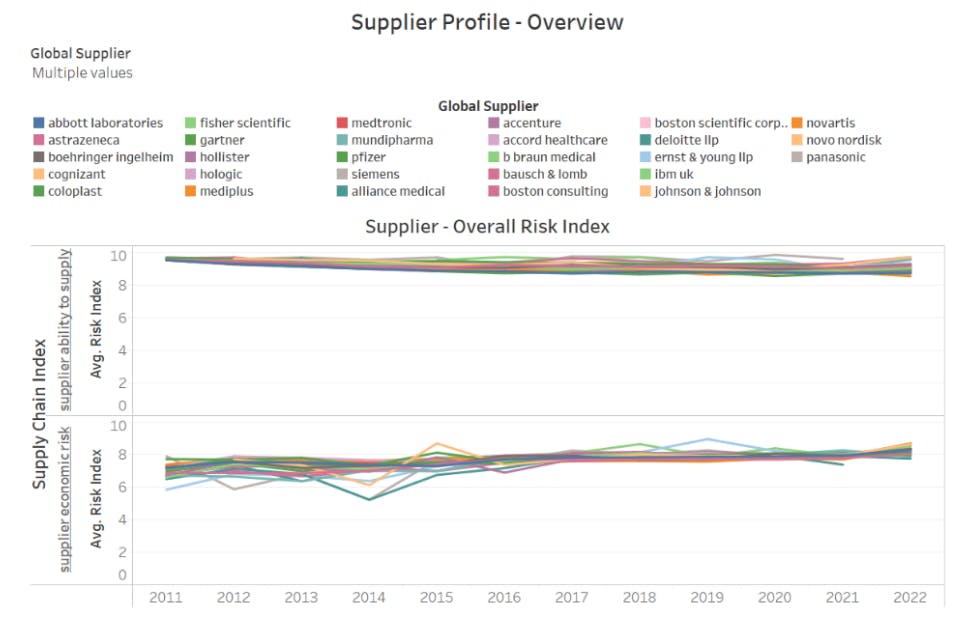California Governor Gavin Newsom shot down a sweeping bill that was proposed to impose safety vetting requirements on developers of the most powerful artificial intelligence models, taking the side of most though not all of Silicon Valley and a number of leading Democrats.
In a message today explaining his decision, Newsom (pictured) argued that the SB 1047 bill doesn’t take into account whether or not AI systems are deployed in high-risk environments, are using sensitive data or involved in critical decision-making.
“Instead, the bill applies stringent standards to even the most basic functions, so long as a large system deploys it,” Newsom said in a statement explaining his veto decision. “I do not believe this is the best approach to protecting the public from real threats posed by the technology.”
The bill was seen as one of the most crucial pieces of legislation ever proposed for the AI industry, as it would have become a de facto standard for the vast majority of developers, given that most technology giants are headquartered in California. As a result, Newsom faced intense lobbying from some of the biggest economic and political actors in the state, including prominent tech companies, Hollywood actors, venture capital firms and politicians such as former House Speaker Nancy Pelosi.
The governor, who is known for his tech-friendly stance on most issues, had for months warned against imposing legislation that would restrict innovation in California’s burgeoning AI industry, saying it could undermine the state’s economic competitiveness. However, he has also acknowledged there must be some balance, with California’s unique position as the home of many AI developers meaning it must take the lead on responsible regulation.
Earlier this year, Newsom signed a less sweeping bill that required the state’s emergency response agencies to study the risks of AI. Alongside the veto, he announced a commitment to formulate less stringent legislation that would still implement effective guardrails for AI, saying he is working alongside AI industry luminaries such as Dr. Fei-Fei Li, a professor at Stanford University, to come up with this.
The governor also promised he will work closely with organized labor and the private sector to expand on the possible workplace applications for AI. He said these initiatives would build on earlier projects with state agencies that have experimented with AI systems for managing road traffic and streamlining customer service for public benefits.
The SB 1047 bill was originally proposed by Sen. Scott Wiener, a San Francisco Democrat. It would have required AI developers to certify their largest models had undergone extensive safety testing before being deployed, in order to protect people from potential risks, such as creating bioweapons.
Proponents of the bill argued that it represented the best opportunity yet to regulate the fast-moving AI industry, where the biggest advances are being made by companies either based in, or with operations in California. Wiener and others had hoped that the state might lead the way on AI regulation in the face of what they perceive to be inaction from Congress.
In a statement, Wiener said the veto means that AI developers building the most powerful systems can do so with no restrictions imposed on them by policymakers. “This veto is a missed opportunity for California to once again lead on innovative tech regulation,” he said. “We are all less safe as a result.”
However, the bill was extremely divisive and attracted just as many opponents as supporters. The likes of Google LLC and OpenAI said the requirements would burden AI developers, especially those working at smaller startups, while venture capital firms hired lobbyists to fight the bill. On the other hand, a number of leading researchers and the tech industry’s most influential and vocal entrepreneur, Elon Musk, supported the bill.
Wiener’s opponents also included a number of Democrats in Congress who represent areas in and around Silicon Valley, including Pelosi and Rep. Ro Khanna. He also faced opposition from the San Francisco Mayor London Breed, who warned that SB 1047 would undermine the city’s economy. Rep. Zoe Lofgren, the top Democrat on the House committee overseeing technology, also opposed the bill and personally lobbied lawmakers.
Newsom’s decision to veto the bill was not a surprise, as he has long been seen as an advocate of AI technology and maintains close ties with Silicon Valley. In the last year, he has embraced the use of AI in state government, notably partnering with Nvidia Corp. on the creation of AI training programs.
However, Newsom hasn’t always bowed over to the AI industry. Earlier this year, he signed a bill backed by actor’s unions to limit the use of digital likenesses that could replace entertainers and enacted a law that aims to crack down on so-called deepfakes that impersonate political candidates.
Photo: Gage Skidmore/Flickr
Your vote of support is important to us and it helps us keep the content FREE.
One click below supports our mission to provide free, deep, and relevant content.
Join our community on YouTube
Join the community that includes more than 15,000 #CubeAlumni experts, including Amazon.com CEO Andy Jassy, Dell Technologies founder and CEO Michael Dell, Intel CEO Pat Gelsinger, and many more luminaries and experts.
THANK YOU









